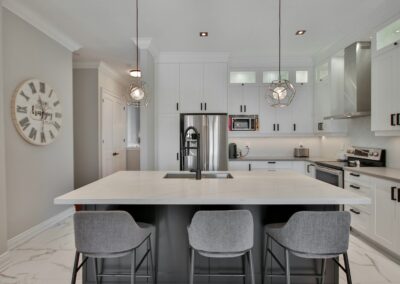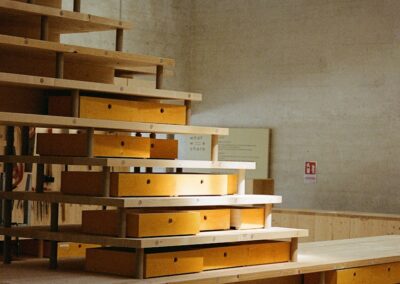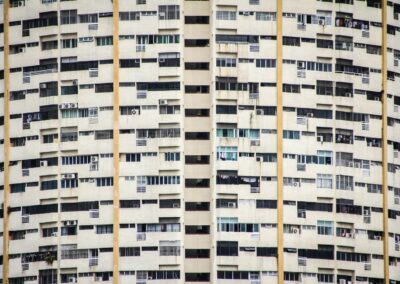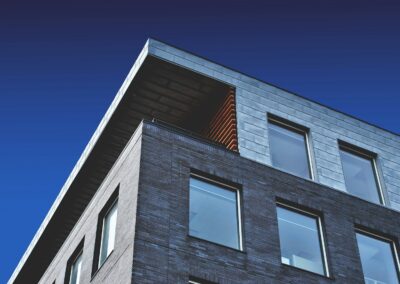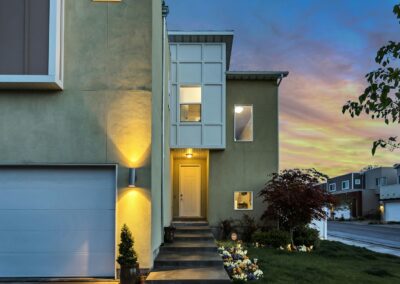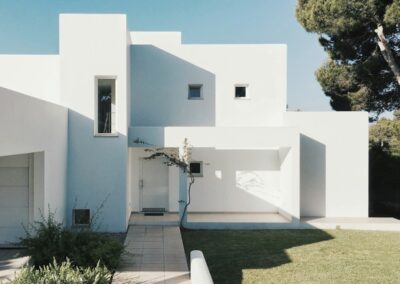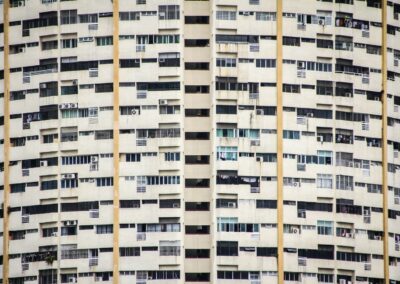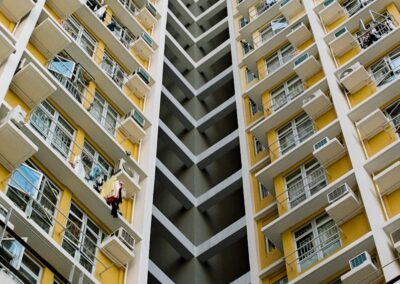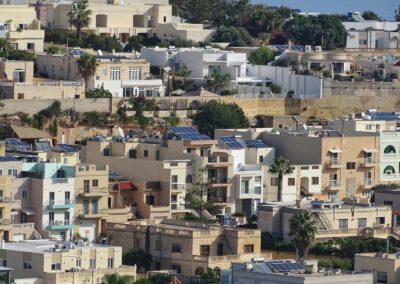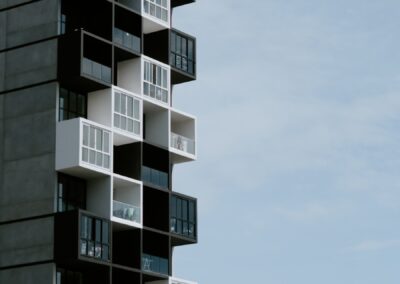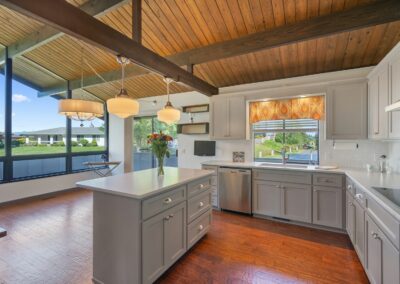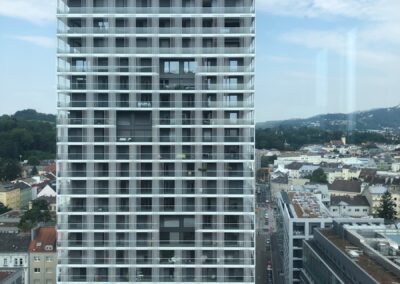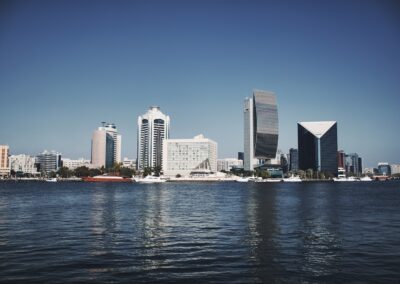Innovative Housing Solutions for Rapid Urbanization
Introduction to Modular Housing Units and Urbanization
Modular housing units provide a scalable and efficient solution to the challenges posed by rapid urbanization. In regions experiencing significant population growth, such as Saudi Arabia, the UAE, Riyadh, and Dubai, the need for adaptable and sustainable housing options is paramount. Modular housing, characterized by its prefabricated components, offers a versatile and cost-effective approach to meeting these demands. This article explores how modular housing units address the complexities of urbanization and their implications for modern cities.
Benefits of Modular Housing in Urban Environments
Modular housing units offer several advantages over traditional construction methods, particularly in rapidly urbanizing areas. These units can be assembled quickly, reducing the time and labor costs associated with building conventional homes. This efficiency is crucial in cities like Riyadh and Dubai, where the demand for housing continues to outpace supply. Additionally, modular housing promotes sustainability by minimizing waste and utilizing energy-efficient materials. This approach aligns with the environmental goals of the UAE and Saudi Arabia, contributing to their vision of creating sustainable urban landscapes.
Scalability and Adaptability of Modular Housing
One of the key strengths of modular housing units is their scalability. These units can be easily expanded or reconfigured to accommodate changing population needs. For instance, in densely populated urban centers, modular housing can be stacked vertically to create multi-story buildings, maximizing land use efficiency. This adaptability is particularly beneficial in regions like Dubai, where space is at a premium. By providing flexible housing solutions, modular units support the growth of dynamic, resilient cities capable of adjusting to demographic shifts and economic fluctuations.
Implementing Modular Housing: Strategies and Technologies
Integration of Modern Technologies in Modular Housing
The integration of modern technologies, such as Artificial Intelligence (AI) and the Internet of Things (IoT), enhances the functionality and efficiency of modular housing units. Smart home systems can be incorporated into these units to provide residents with automated control over lighting, heating, and security. In regions like the UAE, where technological innovation is a priority, the adoption of smart modular housing can lead to improved energy management and a higher quality of life for residents. Furthermore, AI can optimize the design and construction processes, ensuring that modular units meet the specific needs of urban populations.
Challenges and Solutions in Modular Housing Implementation
While modular housing presents numerous benefits, its implementation is not without challenges. Regulatory barriers, logistical complexities, and public perception can hinder the widespread adoption of modular housing solutions. To overcome these obstacles, policymakers and developers must collaborate to streamline regulatory processes and educate the public about the advantages of modular housing. In Saudi Arabia and the UAE, government initiatives supporting sustainable urban development can play a pivotal role in facilitating the transition to modular housing. Additionally, leveraging blockchain technology can enhance transparency and efficiency in the supply chain, ensuring the timely delivery of modular components.
The Future of Modular Housing in Urban Development
As cities continue to grow and evolve, modular housing units will play an increasingly vital role in urban development. The flexibility and efficiency of these units make them well-suited to address the housing needs of expanding urban populations. In regions like Riyadh and Dubai, where rapid urbanization presents both opportunities and challenges, modular housing offers a viable solution for creating sustainable, livable cities. By embracing modular housing, urban planners and developers can build resilient communities that are capable of adapting to future demands and environmental conditions.
Conclusion: Embracing Modular Housing for Urban Sustainability
Modular housing units provide a scalable, efficient, and sustainable solution to the challenges of rapid urbanization. By integrating modern technologies and addressing regulatory and logistical barriers, cities in Saudi Arabia, the UAE, Riyadh, and Dubai can harness the potential of modular housing to create resilient urban environments. The adoption of modular housing not only meets the immediate housing needs of growing populations but also contributes to the long-term sustainability and livability of modern cities. As urbanization continues to accelerate, modular housing will remain a crucial component of sustainable urban development, offering adaptable and innovative solutions for the future.
—
#modularhousing #urbanization #scalablehousing #efficienthousing #SaudiArabia #UAE #Riyadh #Dubai #ArtificialIntelligence #Blockchain #TheMetaverse #GenerativeAI #ModernTechnology #BusinessSuccess #Leadership #ManagementSkills #ProjectManagement


